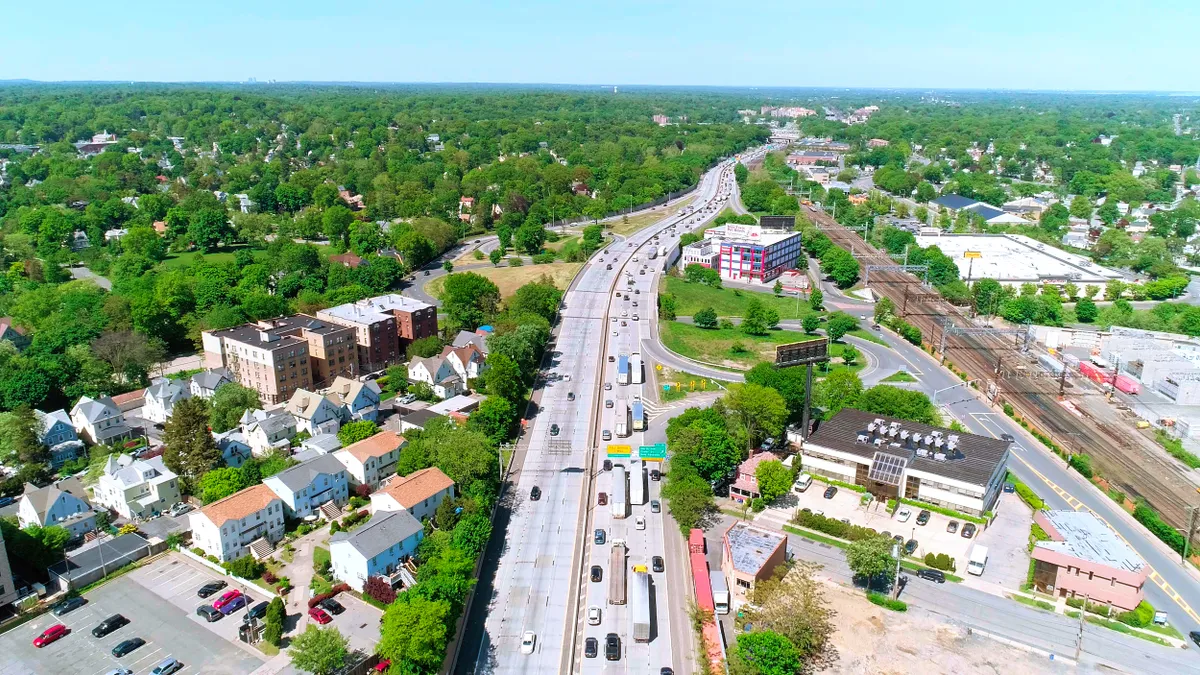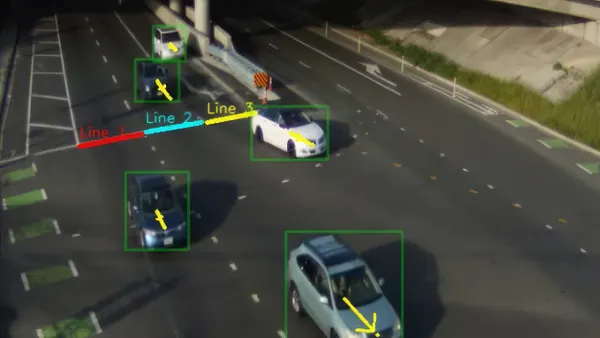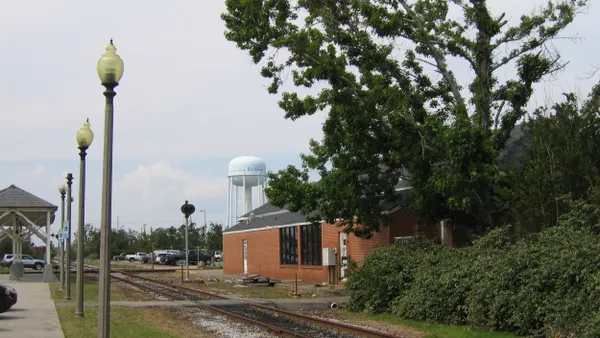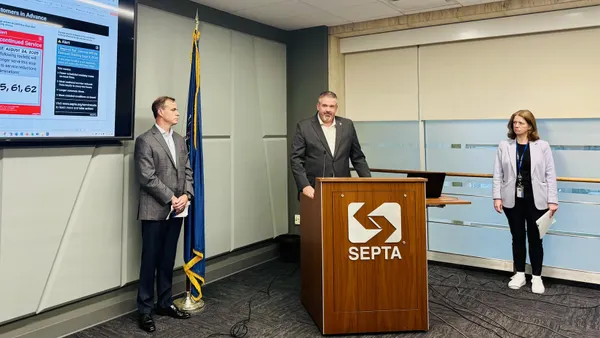The city of New Rochelle, New York — split in half by the construction of the New England Thruway in 1958 — is beginning to put itself back together with the aid of the federal Reconnecting Communities Pilot program.
With some $16 million in funds from the U.S. Department of Transportation, the city will convert part of a six-lane road into a local street and linear park to connect a historically African American neighborhood to the train station, library and downtown. The project is one of more than 130 such projects in 41 states and the District of Columbia on the receiving end of $3.3 billion in fiscal year 2023 grants made possible by the Inflation Reduction Act.
Other projects include a multiuse trail to connect neighborhoods in Atlanta; a 15-block redesign of Birmingham, Alabama’s Fourth Avenue Business District, including what’s called the city’s “Black Main Street,” to reconnect communities divided by Interstate 65; and Philadelphia’s effort to restore its historic Chinatown by decking over the Vine Street Expressway to create space for parks and commercial or residential development.
A community with its roots in the 17th century, New Rochelle was one of the wealthiest cities per capita in the U.S. in 1930. But the city was slow to desegregate, with one school’s population remaining 94% Black until a court decision mandated its desegregation in 1963. Its once-thriving downtown stores lost business to an enclosed shopping mall that opened in 1968.
Action to redress historic segregation and the displacement caused by the highway has been underway for several years. New Rochelle is rezoning an area around a park in the Lincoln neighborhood to accommodate a broader range of businesses that can serve the community and preserve the history and character of the predominantly African American area.
The city expects to begin construction of what it calls the LINC project in 2025, with completion planned for 2027. The project includes a 14,000-square-foot plaza with room for a 264-seat amphitheater, improved streetscapes and bike lanes.
“Transforming New Rochelle’s Memorial Highway and reconnecting Lincoln Avenue area neighborhoods with lush green space, bike paths, increased safety features, new modern complete streets, and new economic opportunity is another giant step closer to becoming a reality,” said U.S. Sen. Charles Schumer, D-N.Y., in a March 11 statement. “Federal policies led to the creation of the concrete walls of Memorial Highway that divided New Rochelle’s Lincoln Avenue neighborhoods and constricted downtown access, but, today the federal government is stepping up to right that historical wrong.”
The next round of applications for the Reconnecting Communities Pilot discretionary grant program closes Sept. 30. This round will exhaust all remaining authorized funds. The $607 million available in the upcoming funding round includes $150 million for community planning and $457 million for capital construction.











